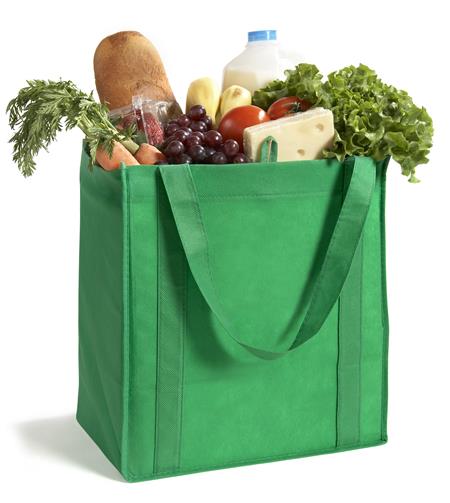This is a topic that every middle school teacher addresses with their students every year. Grocery Bags. Some states have even implemented a tax on plastic bags provided by the grocery store. Since 2007, over 200 municipalities have implemented laws banning or taxing single use plastic bags with one goal in mind: to reduce the extensive use of single carrier bags.
Michigan has yet to implement such laws. Those of us who are proactive, know that paper bags and reusable bags are a much friendlier alternative to plastics that are not biodegradable.
So what happens to those bags you bring home after you unload your groceries? Nothing. Many people take pride in their reuse value. For example, they can be used as trash liners or used to pick up dog poop. Have you ever thought about how silly it is to use bags that cannot naturally decompose to store poop?
Occasionally, my family and I will hike through our beautiful natural habitats and come across a plastic bag filled with poop sitting along the trail. The logic is that the dog owner will pick it up on their way out of the park and dispose of it. Regardless, this bag will end up in a landfill or remain on the trail for 1,000 years.
So what is a better alternative? The best option would be to eliminate the unnecessary bag altogether. Stores like Aldi and Costco don't even offer bags and still somehow remain in business. Pet stores, provide shovel like apparatuses called pooper scoopers that allow you to pick up the waste without touching it and carry it to a garbage bin where it will be removed and decompose naturally. The natural decomposition process will take less than a year.
When a bag is absolutely necessary, there are biodegradable options that can be used as substitutions. These options typically decompose within six months time and allow the waste inside to begin a natural decomposition process quickly.
Most middle schoolers come to the conclusion that the best option is a reusable bag that can be brought back and forth to the grocery store, stored, and then reused time and time again.
I am certainly guilty of forgetting to bring a reusable bag with me on shopping trips. If I use the provided plastic bags, I never attempt to throw them in the trash or in the recycling bin. Neither bin will collect them and they will not ever be recycled into new materials. The best option is to collect these bags separately and drop them off at a designated collection facility. Most grocers have collection bins in the store entryway.
Another often overlooked option is the paper grocery bag. Most stores keep these by the register and will bag your groceries in paper if you ask. Not only does paper biodegrade more quickly than plastic but you actually use less. The bagger will fill a paper bag to the top as opposed to their plastics that they bag specifically with certain items only. You might come home with two items per bag if using plastic, whereas, with a paper bag there is closer to ten items inside. The process of recycling is easier as your home bin will accept paper items & the reuse value is substantially greater.
As Neighbors Development begins our journey toward eliminating waste and reusing recycled materials, we've also began the renovations on our new office location. While building out this space we have set a goal to reuse as many materials as we can. We've been collecting paper bags and intend to create a paper mache style flooring. Stay tuned for the outcome!
Office Floors made of Recycled Materials!





